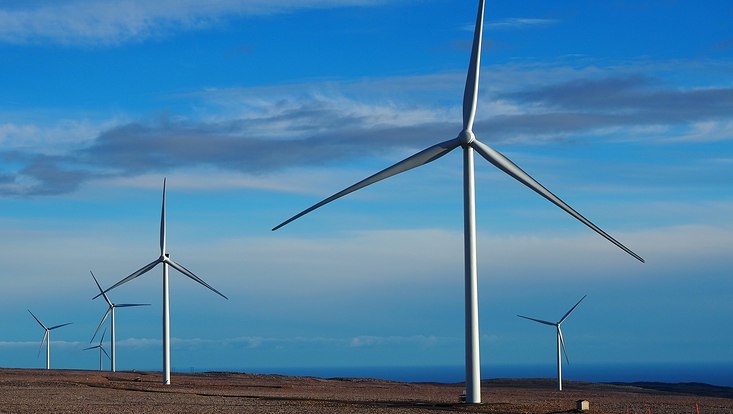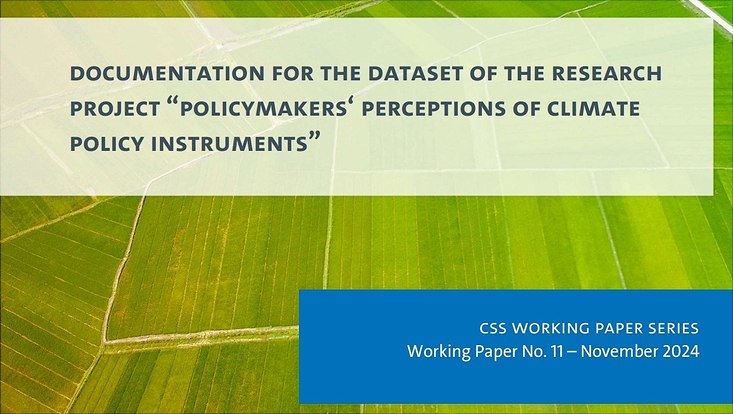Society Research
Interim Report of the CSS Working Group "Infrastructuring the Commons"
15 May 2025, by CSS

Photo: private
The working group brings together recent debates on the relationship between infrastructures and sustainability on the one hand and commons on the other. It examines governance issues both within the commons and in relation to the political framework and external legal recognition. In doing so, it addresses the relationship to the public in two respects: first, it discusses how problems of infrastructuring are negotiated in the public sphere; second, it examines the extent to which commoning itself can be understood within the neopragmatist tradition as the formation of new public spheres.
The working method is discursive and based on regular meetings of the members. Expected outcomes are scientific publications and an application for third-party funding in this area.
Have the objectives of the working group been achieved or has the objective changed?
The initial assumptions have been confirmed. In both scientific literature and political practice, the concepts of commons/commoning and infrastructures/infrastructuring are not systematically considered together. So far, the activities of the working group mainly consisted of reviewing and systematizing literature on specific subtopics.
What significance does the work of the working group have for research in this field?
Currently, parts of a working paper are available, which should be completed by mid-2025. This paper aims to systematically bring together the disparate discourses on commons/commoning and infrastructures/infrastructuring.
Through this working paper, the working group is breaking new ground; these topics have so far been largely unexplored from this perspective.
What significance does the work of the working group have for the sustainable development of society?
The working group has identified “food” and “energy” as areas to be analyzed in greater depth. The goal is not only to identify (im)possibilities for controlling common infrastructures - and thus to adopt an internal perspective - but also to place the legal framework and the relationship between the state and the commons at the center of the analysis. The results can then be used to strengthen the approaches of commons-based or common-economy actors, particularly in the areas of renewable energy and sustainable food.
What turned out to be the most exciting or surprising interim result?
From an empirical perspective, approaches such as “public-common partnerships” particularly intriguing, in which mostly municipal actors cooperate with civil society initiatives and organizations in order to enable co-production in the area of local services of general interest. Public-common partnerships see themselves as a counter-model to the public-private partnerships that have been proliferated since the 1990s in the course of New Public Management.
What's next for the working group? What can we look forward to?
The working group is planning at least one joint publication on the topic. An internal working paper is to be discussed in summer 2025 at a workshop of the working group, to which external experts will also be invited. It will also serve as the basis for the development of a third-party funding application.
You can find out more about the Working Group here.


